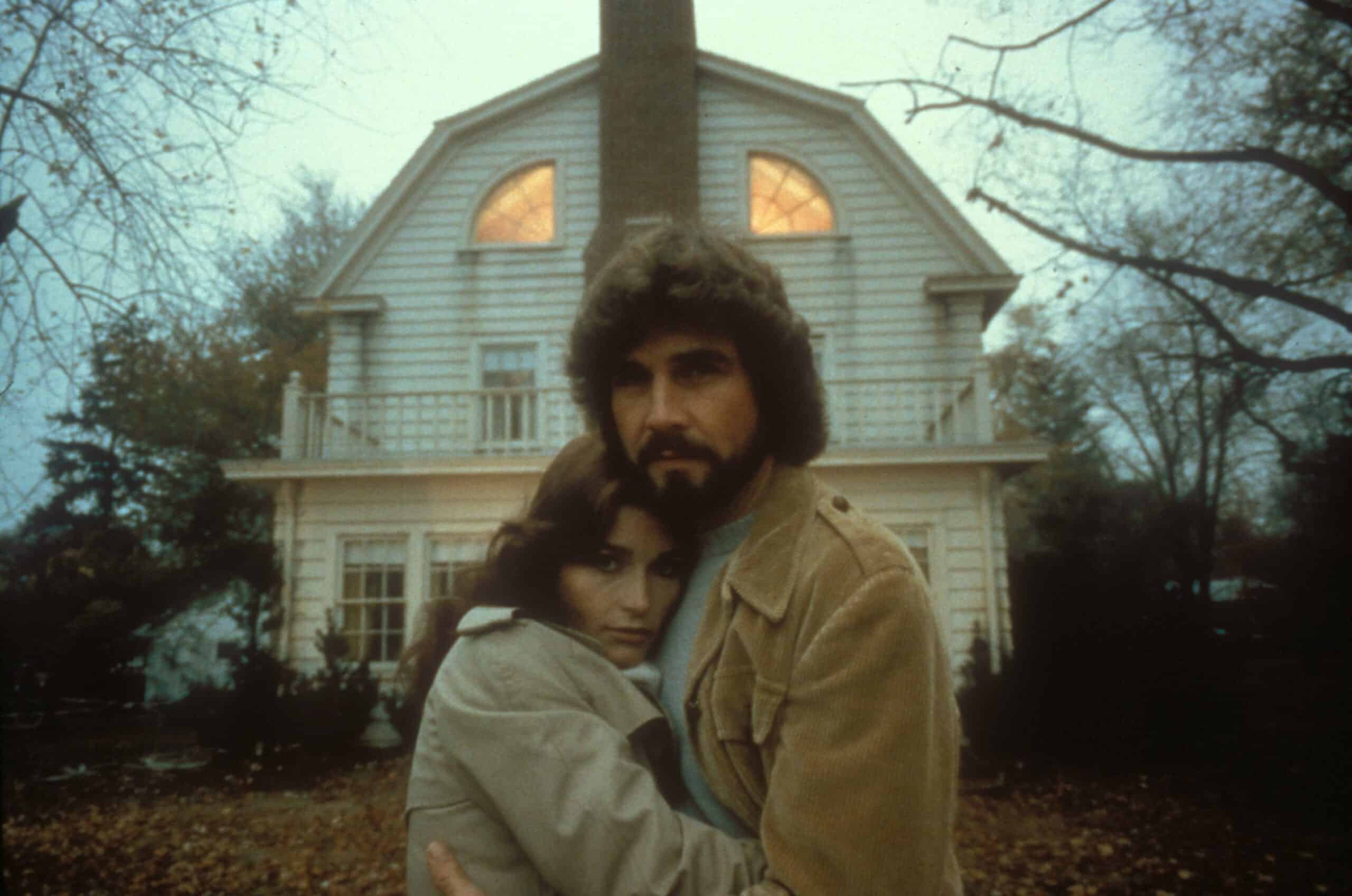Date/Time
Date(s) - Wed. Dec. 7, 2022
7:30 pm PST - 9:30 pm PST
Location
Philosophical Research Society
3910 Los Feliz Blvd
Los Angeles, CA, 90027
Instructor
Claire Donner
Admission
$12 (virtual), $15 (live) || Buy tickets to attend the live event ($15) or buy tickets to attend virtually via the simulcast event ($12). Tickets will also be available at the door, with payment by cash or Venmo only.
Please note this class has two options to participate: Live and virtual via simulcast.
One now-famous night in 1975, an ordinary family fled their new Long Island home with only the clothes on their backs, never to return—but taking with them an outrageous story that they would retell far and wide. The supernatural scourge that supposedly drove them out was attributed to the house’s history: It was the site of the 1974 DeFeo family massacre, where the eldest son of a troubled family executed his parents and four siblings. The mystery of young Ronald DeFeo, Jr.’s motivation blended in the public imagination with the terrors reported by the Lutz family, making the success of “The Amityville Horror”—first a best-selling novel, then an iconic independent film, then a wildly prolific franchise including more than 30 movies—a foregone conclusion. But what is it that makes this folklore so enduring when Ron DeFeo, Jr.’s own defense attorney confessed in court that he and the Lutz family “created this horror story over many bottles of wine”?
The endurance of the “Horror” seems to rely upon the built-in beliefs of the white, suburban, generically Christian public who continue to consume its new outgrowths. Its earliest iteration represents the first popular version of the “Indian burial ground” trope, predating even THE SHINING and POLTERGEIST II, in which the haunted house is said to have been built on the land of indigenous tribes whose actual presence there was highly debatable. Mixed in with this primal feeling of white guilt is a simplistic Christian ethos, represented in the first film as a gateway to hell in the basement, and a demonic voice that drives a priest from the fly-plagued home with the oft-repeated bellow, “GET OUT!”
The claim that a movie is “based on a true story” can be irresistible to audiences, whether or not it is substantiated. This marketing device is all the more successful when it piggybacks on preexisting beliefs held by a target audience. This talk will examine the folkloric “Amityville Horror” as a prime example of the power of stories that, while unverifiable, intersect with the existing faith and beliefs of its receptive public. We will discuss elements of the DeFeo murder case that have been utilized to scaffold the largely fictional franchise, and the archetypal potency of core texts and films. The talk will draw on supporting theory put forth by figures such as William James and Carl Jung, to build greater understanding of the power of faith and belief as it relates to the continued consumption of the “Horror”—even as it reaches into the deep sea, and the far reaches of outer space.
—
If participating in the live/physical event, please check with your local health authority on the current requirements for masks and vaccination for attending live events.
If participating via live simulcast event – the class cannot be watched later, so please be sure you are available at the date and time the class is being offered in before registering.
Classes curated by Miskatonic Los Angeles are in Pacific Time.

